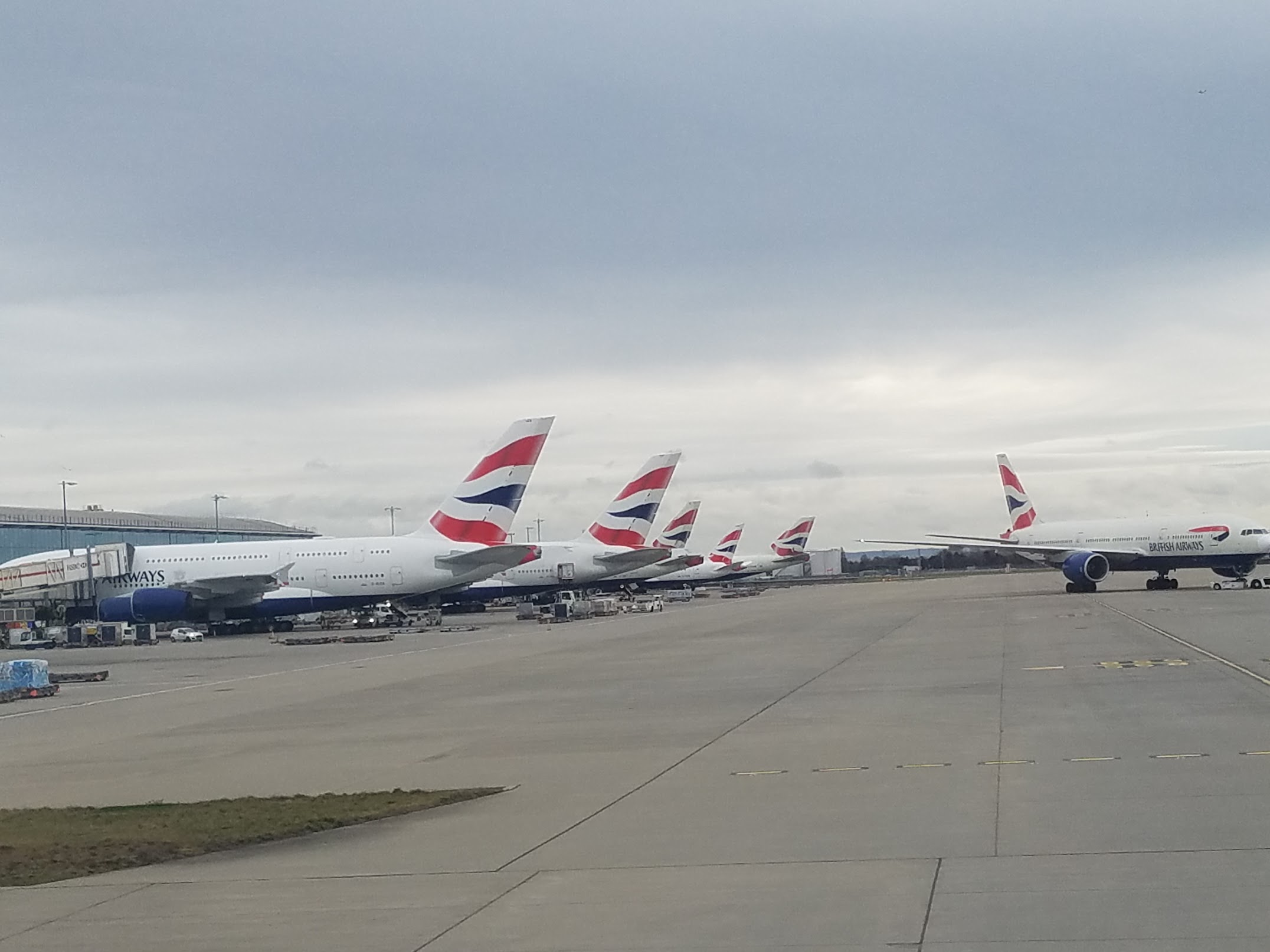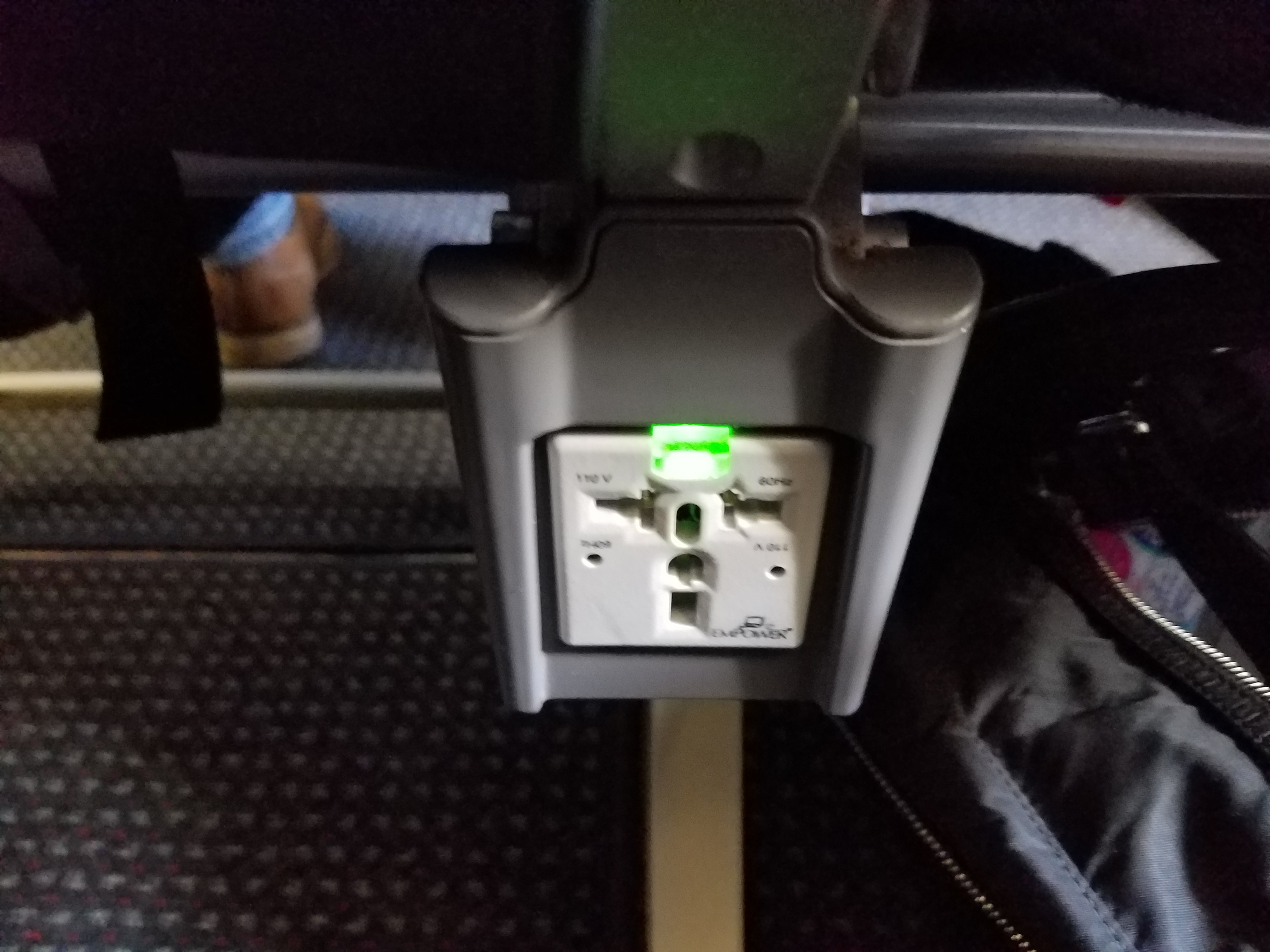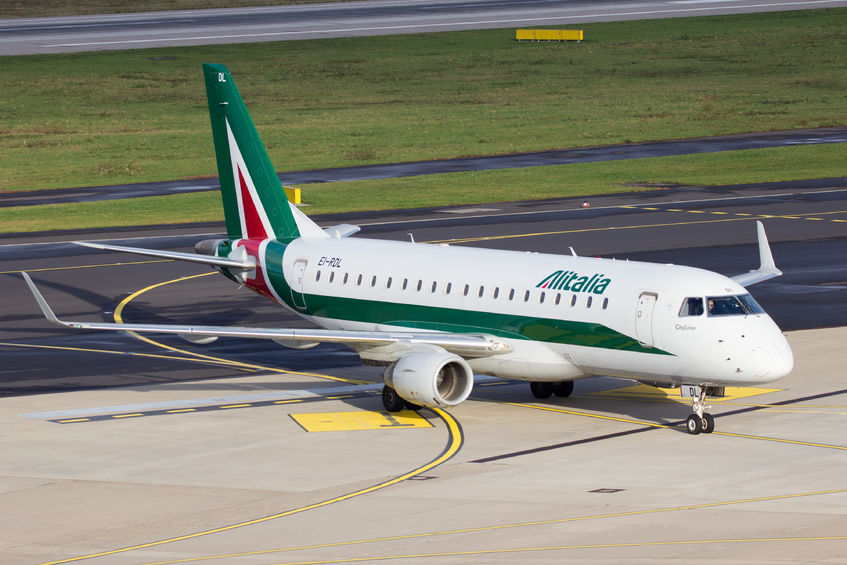News and notes from around the interweb:
- The next time your airline tells you to be excited about their investment in biometric boarding, remember this is about government tracking you not the airline helping you. The ACLU is suing over an FBI program to track everyone’s faces.
The FBI is currently collecting data about our faces, irises, walking patterns, and voices, permitting the government to pervasively identify, track, and monitor us. The agency can match or request a match of our faces against at least 640 million images of adults living in the U.S.
…For instance, the FBI recently claimed to Congress that the agency does not need to demonstrate probable cause of criminal activity before using its face surveillance technology on us. FBI witnesses at a recent hearing also could not confirm whether the agency is meeting its constitutional obligations to inform criminal defendants when the agency has used the tech to identify them. The failure to inform people when face recognition technology is used against them in a criminal case, or the failure to turn over robust information about the technology’s error rates, source code, and algorithmic training data, robs defendants of their due process rights to a fair trial.
- 3 in 4 female business travelers report being harassed during work trips
- Facebook shuts down Airbnb guest blacklisting group and investigates another group meant for shaming guests.
In nominally private Facebook groups such as Airbnb Host Community — Vent, Recommend, and Discuss, and Airbnb Guests Blacklist, hosts post photos with full names of guests behaving badly or those whom they consider to be problems. They also rant about not wanting to rent to guests who are Chinese, people who are more than 70 years old, retired women travelers, and other groups, for example.
- Willie Walsh, CEO of British Airways parent company IAG, plans to step down within the next two years. Customers and employees alike rejoice.

- Some airlines are charging to use the power outlet at your seat

- Alitalia has been Delta’s for the taking and they’ve been tempted but so far the deal has been too stinky to touch. Now Lufthansa says they’d be willing to come back in with up to 200 million euros – but the kicker, as always, is that they won’t do the deal without union concessions. The unions kill this airline every time, and the government lacks credibility to say if the unions don’t relent they’ll stop pumping in government subsidies.

Copyright: jvdwolf / 123RF Stock Photo


Meh. My paperback book requires neither power nor seatback IFE.
What will be the rate for the air we breathe during a flight….and will there be an opt-out option…..?
Rather than nickel and diming passengers, they should just roll it into a package and charge a mandatory resort fee at the boarding gate.
Apparently ~10% of passengers pay for Wi-Fi on a plane, so a similar amount would pay for power. At $10/flight that’s an easy $3k/flight, or $12k/day or a cool $4.5 million per year/plane.
Yeah, that’s a long overdue fee for the nickle-and-diming airlines.
@Jake: I don’t see your math here. With about 150 pax on a narrow body at capacity, a $10 charge and a 10% take rate, that comes to about $150/flight, $600/day/plane assuming 4 turns daily.
But, where it gets interesting is on a system-wide basis for a large carrier like Delta. Delta’s p.r. department says they operate over 5K flights/day. At $150/flight, that’s ancillary revenue of $750K per day system-wide, not subject to the 7.5% excise tax on fares).
The question is the cost of implementation, installation, certification by FAA, crew-training and ongoing repairs against this revenue stream. If one assumes 4 turns/plane/day, system costs of $350K/plane upfront for implementation compel a 2 year payback. This would not include the out of service time for installation and any downtime repairs.
Seems like a very close management question to me. And if it ticks off pax, it’s no longer close.